
Aspiring authors often wonder how to choose a book idea. Do you wonder whether you are “writing the right book”?
How to Choose a Book Idea
How can you tell if you’re writing the right book? What do you look for?
- Your book concept should match your vision: Look at your vision or mission statement for your book. Would this particular book help you bring that vision to fruition?
- Make sure you have the right audience: Are these the people you want to reach, that you feel called to work with?
- Your book should be marketable, if one of your goals is to sell a good deal of books or get traditionally published: If those aren’t your goals, then marketability may not be as much of an issue.
- Your book should feel fresh in some way: Do you share new research? Offer a fresh angle on a topic? Address an under-served market? Have a distinctive voice or unusual stories? Any of these can make a book fresh.
- Does thinking about this book fill you with passion? You want to feel excited about your book.
- Can you see yourself excited about this book a year from now? Two Years? Writing the book will take time. And once it’s published you’ll be promoting it. Ask yourself whether this topic will hold your interest long term.
- How easy is this book to write? You don’t have to write the easiest of your book ideas, but do take it into consideration. Cutting your teeth on the easy book, the one that stems from what you know rather than crazy amounts of research, may just be the way to get it done and prepare yourself to write book number two!
[bctt tweet=”The Right Book May Be the Most Obvious Choice ” username=”LisaTener”]
I once worked with a executive who had three different book ideas to choose from. For the sake of simplicity, let’s call them easy, medium and lots-of-work-and-time.
The easy book was the obvious choice—it would easily help grow his business, showcasing his authority in his field. It was a much needed book and he had a lifetime of great information that boards, HR directors and hiring executives needed to know.
Why, then, would he consider a different book?
Sometimes we overlook our strengths and knowledge base. “If I know this, everyone must know it. It must be obvious.” Or, “I know this stuff. I’m bored of it.”
Plus, I think he felt a little concerned that writing about what he knew so well, he wouldn’t learn anything new. The difficult, time consuming book would take research and time and tons of sorting out, but he liked the idea of the challenge.
The book that stemmed completely from his experiences, knowledge base and skills, well, that felt a little old hat.
When we revisited his goals and vision, though, it became clear that the easy book made the most sense to write. He’d be writing the right book to align with his vision. It would do the most for his business and it would serve his clients the best, which was very important to him.
The funny thing was, he had a great time writing the easy book. His stories were funny, powerful and sometimes a wild ride. He enjoyed word play and finding the perfect phrase. The more he wrote, the more fun he had. And, in my Bring Your Book to Life Program, another participant came up with a fabulous title, which branded his work perfectly.
His book attracted a traditional publisher and book deal.
So, don’t overlook the book idea that seems easy, or obvious, or old hat. It just may be that by choosing that one, you’re writing the right book, after all!
Ask any questions about how to choose a book idea and writing “the right book” as a comment below. By the way, I recently updated my post on How to Write a Great Book, which may be the perfect follow up for how to choose a book idea!

 I’m sure you want to write a book that makes an impact—inspires, supports, guides, creates positive change for readers. The kind of book readers share with friends, buy as gifts, and recommend on Facebook and Goodreads.
I’m sure you want to write a book that makes an impact—inspires, supports, guides, creates positive change for readers. The kind of book readers share with friends, buy as gifts, and recommend on Facebook and Goodreads.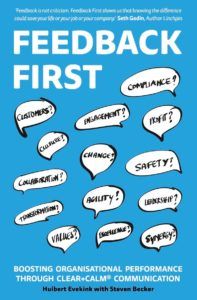
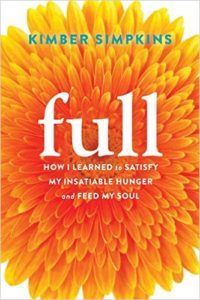 esitgious awards: 2017 Next Generation Indie Book Awards and 2017 New Generation Indie Book
esitgious awards: 2017 Next Generation Indie Book Awards and 2017 New Generation Indie Book 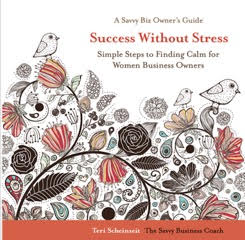 For instance, in Success Without Stress, Teri had a clear image of her reader: a business owner with a vision for how her business should be and where she wants her business to go, but who’s juggling so many priorities and projects, she constantly in a state of stress, unable to get out of crisis mode. The reader is a victim of her own success. And she desperately wants to change that.
For instance, in Success Without Stress, Teri had a clear image of her reader: a business owner with a vision for how her business should be and where she wants her business to go, but who’s juggling so many priorities and projects, she constantly in a state of stress, unable to get out of crisis mode. The reader is a victim of her own success. And she desperately wants to change that.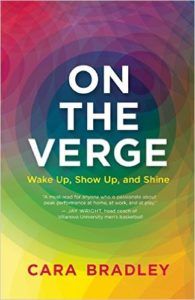 In On the Verge, Cara Bradley offers an “At a Glance” summary of each mindfulness practice at the beginning of each chapter. Readers immediately learn the purpose and benefits of the practice addressed in that chapter, as well as a brief version of the “how-to” of it.
In On the Verge, Cara Bradley offers an “At a Glance” summary of each mindfulness practice at the beginning of each chapter. Readers immediately learn the purpose and benefits of the practice addressed in that chapter, as well as a brief version of the “how-to” of it.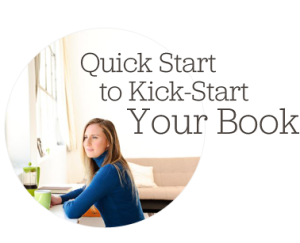 That’s why I often recommend that before someone even have a book concept consultation with me, they work through
That’s why I often recommend that before someone even have a book concept consultation with me, they work through 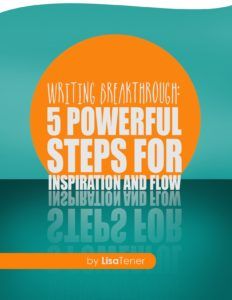 You will receive:
You will receive: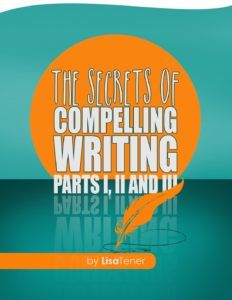 As incentive to get started on your book for summer, I am offering a FREE BONUS of the downloadable special report Secrets of Compelling Writing, which will help you self-edit your book for starters and make your writing come to life for your readers.
As incentive to get started on your book for summer, I am offering a FREE BONUS of the downloadable special report Secrets of Compelling Writing, which will help you self-edit your book for starters and make your writing come to life for your readers. I hear you. And I absolutely LOVE helping authors get clarity and take their book concept from good to great (or even from chaos to clarity)! Here are three options below:
I hear you. And I absolutely LOVE helping authors get clarity and take their book concept from good to great (or even from chaos to clarity)! Here are three options below: “
“
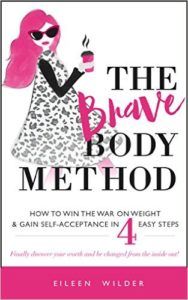
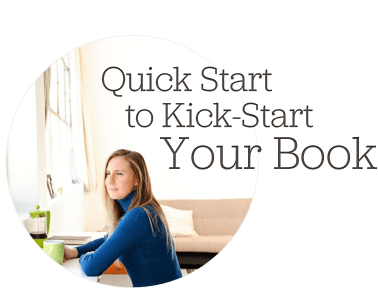 In addition to the questionnaire, for those not in my premiere programs, many writers decide to purchase
In addition to the questionnaire, for those not in my premiere programs, many writers decide to purchase 




 You’ll Change People’s Lives: Gustavo Ferrer, MD, co-author with Burke Lenihan of
You’ll Change People’s Lives: Gustavo Ferrer, MD, co-author with Burke Lenihan of 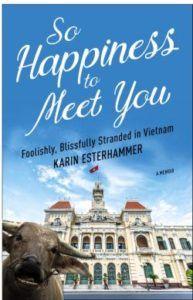 You’ll Make a Name for Yourself: Karin Esterhammer was honored as Erma Bombeck Humor Writer of the Month by the
You’ll Make a Name for Yourself: Karin Esterhammer was honored as Erma Bombeck Humor Writer of the Month by the  You’ll Gain the Confidence and Credentials to Take Risks and Go for Your Dreams: Becoming an author of an award winning book helped Huibert Evekink take the plunge, leave his executive position in a large multinational corporation and start his own business, using the book as a business building tool. “Writing and publishing
You’ll Gain the Confidence and Credentials to Take Risks and Go for Your Dreams: Becoming an author of an award winning book helped Huibert Evekink take the plunge, leave his executive position in a large multinational corporation and start his own business, using the book as a business building tool. “Writing and publishing 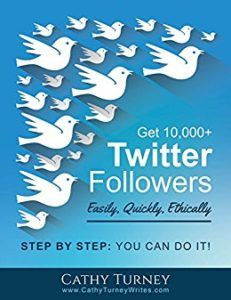 d transition into new roles. I am still surprised how much the book gave me!”
d transition into new roles. I am still surprised how much the book gave me!”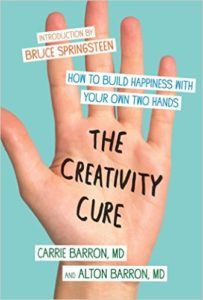 Carrie Barron, author of
Carrie Barron, author of 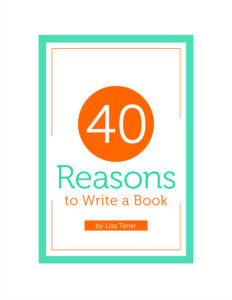
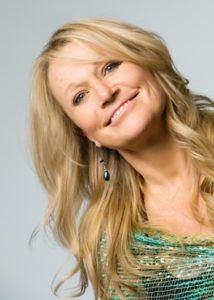
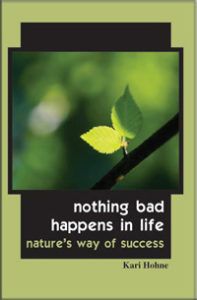 Lisa: Of course, we all dream, even if we don’t remember our dreams and so we all have some access to the 24 Hour Mind, but you talk about being intentional.
Lisa: Of course, we all dream, even if we don’t remember our dreams and so we all have some access to the 24 Hour Mind, but you talk about being intentional. 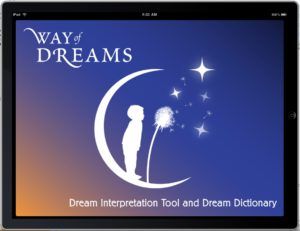 Lisa: You’re a wonderful example of the innovations that dreams can help you access (and the way dreams and creativity work together). Your Dream App has remained in the top 10 at Amazon and iTunes since its launch in 2009 and you’ve had over 100,00 downloads.
Lisa: You’re a wonderful example of the innovations that dreams can help you access (and the way dreams and creativity work together). Your Dream App has remained in the top 10 at Amazon and iTunes since its launch in 2009 and you’ve had over 100,00 downloads.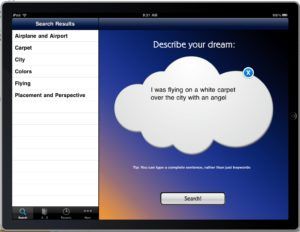
 Lisa: What’s the power of the subconscious mind? What does it do for our writing and creativity?
Lisa: What’s the power of the subconscious mind? What does it do for our writing and creativity?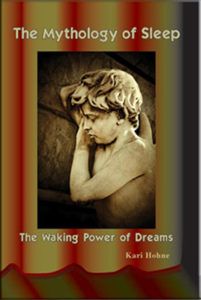 Kari: When I was writing the
Kari: When I was writing the 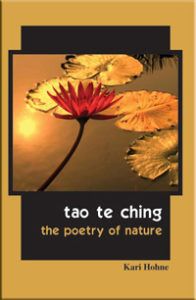 Kari: It isn’t just dreams that fuel this creativity. I tap my 24 Hour Mind in that I don’t create barriers between what’s real and what’s fantasy. For an artist, fantasy is real.
Kari: It isn’t just dreams that fuel this creativity. I tap my 24 Hour Mind in that I don’t create barriers between what’s real and what’s fantasy. For an artist, fantasy is real.
 Kari: I mentioned getting out of your head and moving more into a place of excited anticipation and discovery prior to writing. This is the head space achieved when working out and by getting in the ‘zone.’ We are in a state of energy rather than being consumed by life’s demands.
Kari: I mentioned getting out of your head and moving more into a place of excited anticipation and discovery prior to writing. This is the head space achieved when working out and by getting in the ‘zone.’ We are in a state of energy rather than being consumed by life’s demands. Kari: I’d like to offer your readers a free introductory dream interpretation.
Kari: I’d like to offer your readers a free introductory dream interpretation.